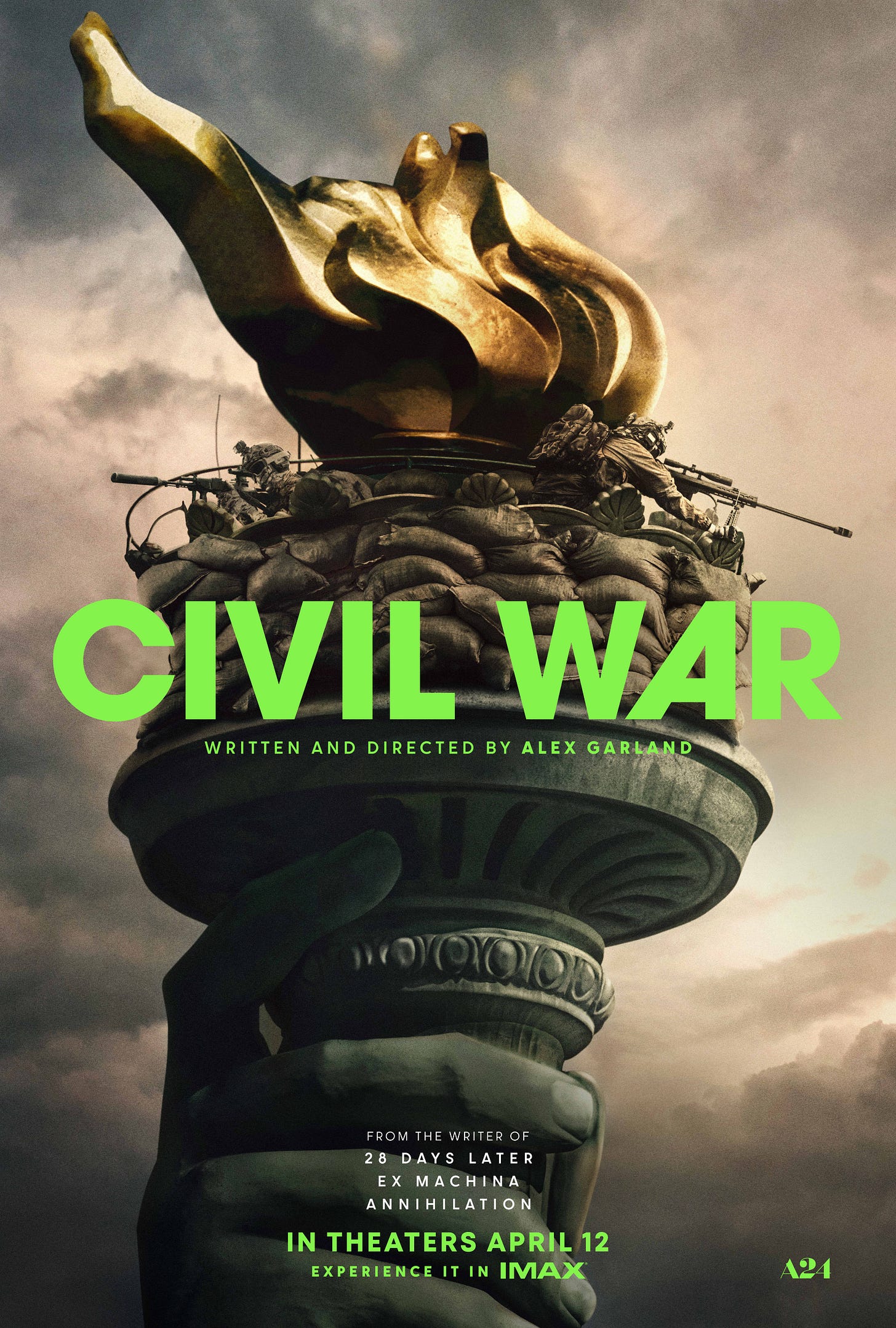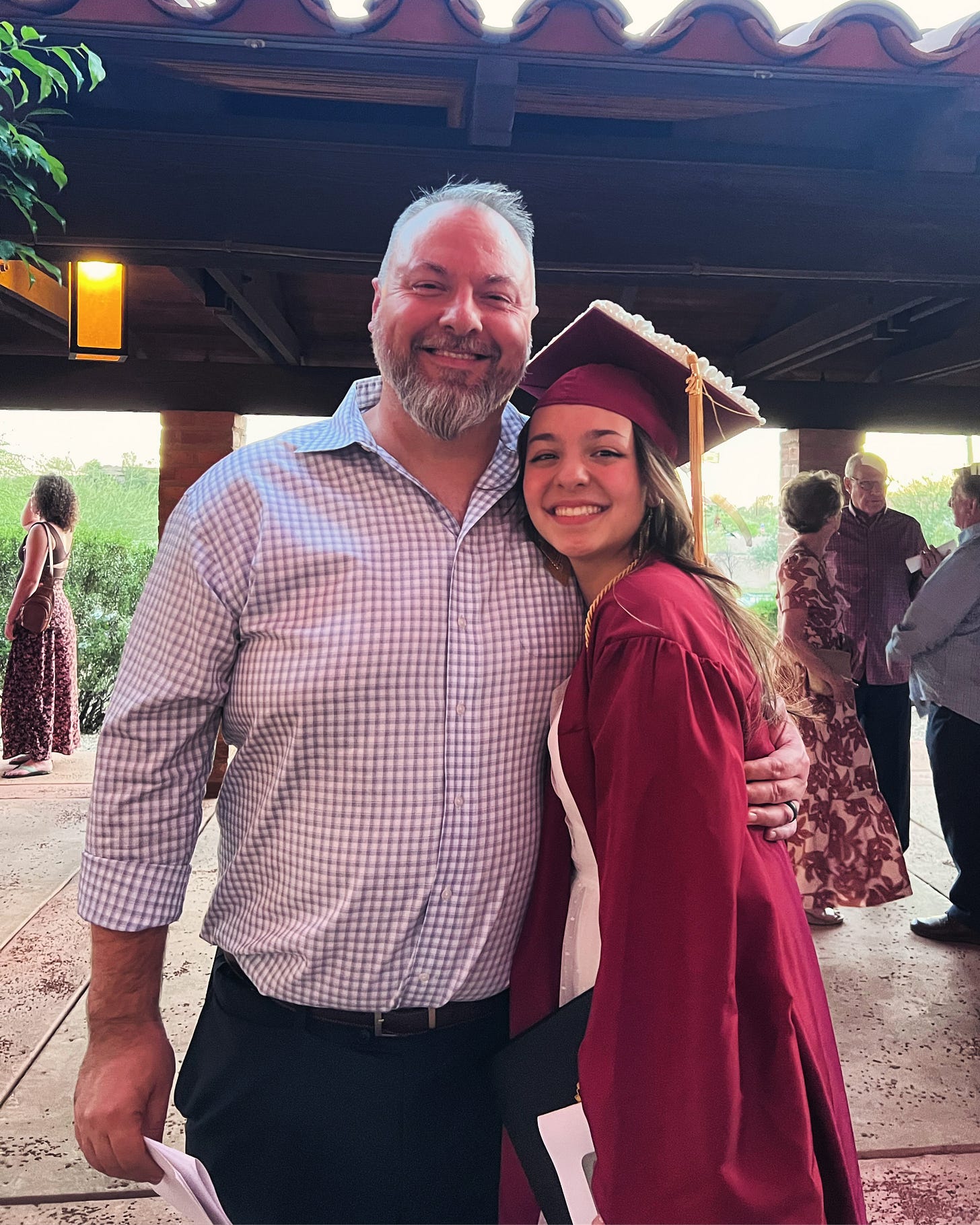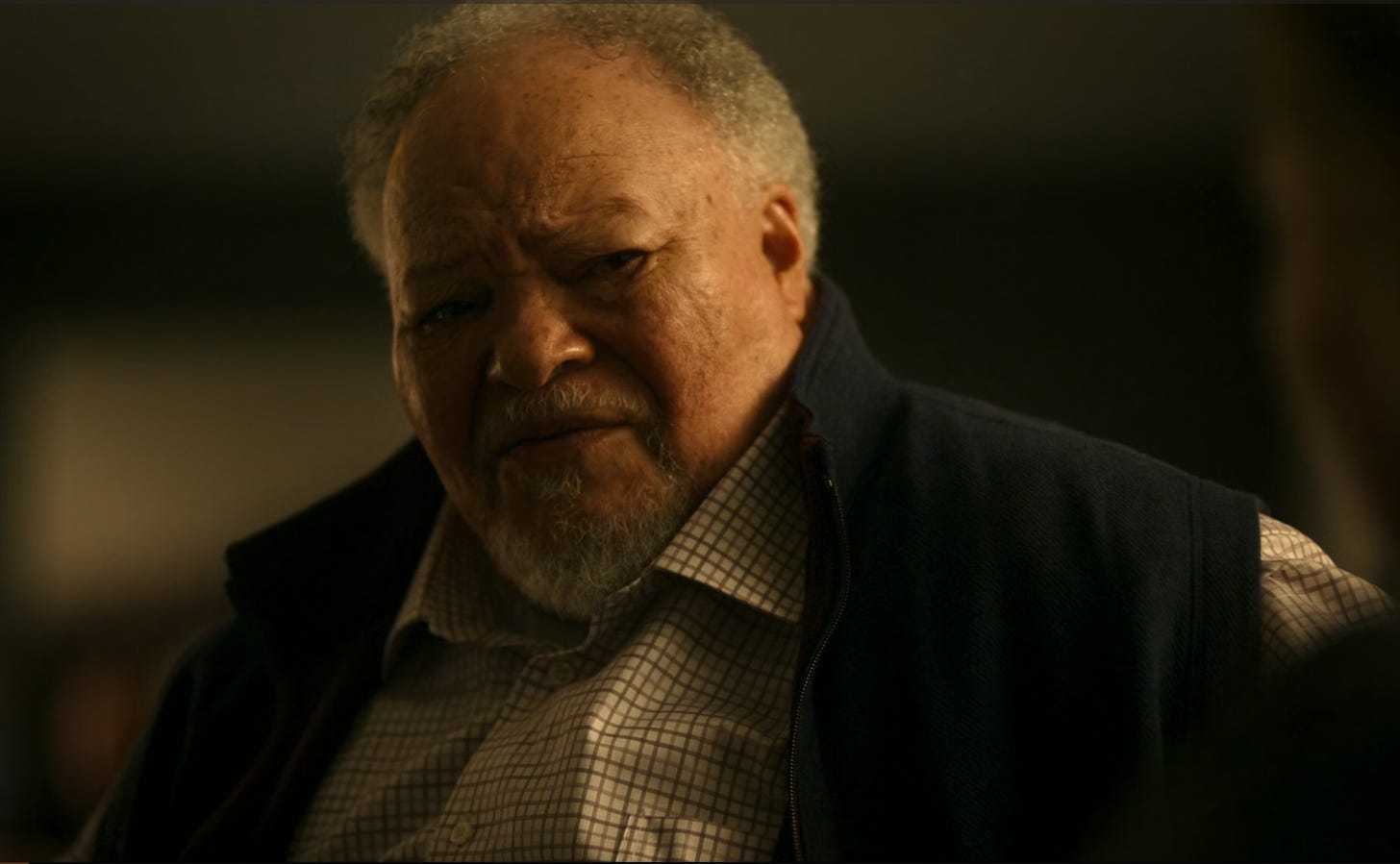On Alex Garland's Civil War
A Missed Opportunity to Warn America About The Consequences of Political Polarization
The following is a paid subscribers-only post with free preview. If you’d like access to all subscribers-only features and posts, you can sign up for just $8/month or $80 per year, right here:
Writing is how I make my living, so if you like what you see here, please support my work by subscribing!
If you’ve already subscribed but would like to buy me a coffee to help keep me fueled up for writing, you can do that here:
Somehow, I made it to an all-time personal record, working 30 days straight without a single day off.
Now, there were days in that month where I only worked 2-3 hours, but the majority were somewhere between 7-14. It was a sliding scale. I don’t look at hours when I’m working, I look at “did I make enough today that I feel OK with stopping,” which is an extremely variable kind of thing in a job like food delivery. (If you’ve missed my last few posts on my adventures in Door Dashing and Uber Eats-ing, you can see them here, here, and here.)
Anyway, the long and short of it is, it’s apparently not good for you to work that much, even if you need to, and when I finally stopped to attend my daughter’s high school graduation this past weekend, my immune system sensed the loss of momentum and said, “Now is probably a good time to get really sick.”
Allow me a moment to say: I’m so proud of my Sophie, who graduated from an exceptionally demanding prep school, with honors, while participating in three different high-level choirs and starring in multiple plays and maintaining an active social life. She has proven that there’s nothing she can’t accomplish — and she made it look easy!
So, what started as a tickle in the throat Sunday morning turned into a full blown body-aches-like-I-got-thrown-down-the-stairs with fever and cough flu by Sunday night. I was out for a couple of hours on Memorial day doing an errand and some shopping for our dinner, and it took everything I had in me to just finish and get home. I spent the rest of the day on the couch, watching movies, trying to ignore the fact that I felt like week-old re-heated hot garbage. I thought I had picked up COVID again, since that was the last time I felt this bad, but I tested negative, so it must be some other super-fun variety of virus. I’m feeling a bit less awful today, so here I am, doing stream-of-consciousness movie reviewing with plenty of side tangents.
Where was I? Oh yes, movies. Ha!
The first movie I watched was The Ministry of Ungentlemanly Warfare, which was a good-old-fashioned wartime Nazi-killing adventure flick that reminded me of the original Indiana Jones trilogy. It had a great cast, was well-written and performed, and was just a solid movie experience like I remember having as a kid. Not a woke moment in the entire film. If you’re not familiar with it, and you like this kind of film, I highly recommend it:
I followed this with Alex Garland’s dystopian near-future American cautionary tale, Civil War. Again, if you’re not familiar, here is the trailer:
I’ve been cautiously interested in this movie since I first saw a trailer for it last year. It had the potential to be a wake-up call for an increasingly polarized nation, and I wanted to see how that would be handled. Admittedly, I was worried that it was going to be a Leftist political LARP, inasmuch as Nick Offerman as the tendentious President of the United States comes across in the trailer like a thinly-veiled effigy for Trump. “They shoot journalists on sight in the capital,” Stephen McKinley Henderson’s character Sammy warns. “They literally see us as enemy combatants.”
Trump, of course, has said very similar things, such as, “The press…are truly the ENEMY OF THE PEOPLE!” No big stretch to connect these themes.
They also mention that the President is “on his third term,” which is another Leftist paranoia talking point about Trump — that he will usurp the rule of law if he is re-elected and never let go of power.
But Offerman’s POTUS gets precious little screen time, his character serving almost entirely as a paper tiger, a McGuffin to drive the plot forward, the main characters showing themselves willing to brave extreme danger just to interview and photograph him despite his hostility towards journalists.
“DC is falling,” Joe, the male lead played by Wagner Moura, says. “And the President is dead inside of a month. Interviewing him is the only story left.”
Despite these cues, the movie is surprisingly apolitical, giving little no real backstory about how the conflict began, or even who the two sides really are or what they’re fighting about. We’re given the names of just two states (California, Texas) who are on the side of the seceding “Western Forces,” but despite battles taking place in New York, West Virginia, and Virginia, and mentions of folks trying to “pretend it isn’t happening” in Missouri and Colorado, we never get a concrete explanation of where the other 47 states stand in the conflict.








